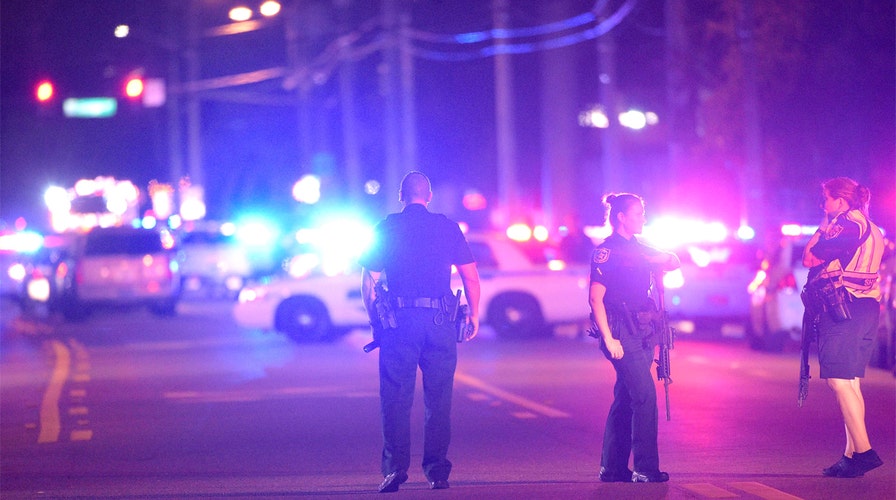Key lawmakers are demanding an explanation for the FBI’s decision to drop Orlando nightclub shooter Omar Mateen from its terrorist watch list, despite signs the Orlando gunman had ties to radical Islam.
In a Tuesday letter to the Department of Justice’s internal watchdog, the Senate Committee on Homeland Security and Governmental Affairs asked for a thorough examination of the agency’s “decision to add—and, later, to remove” Mateen from the Terrorist Screening database. Mateen killed 49 and wounded 53 inside a gay nightclub in Florida on June 12, and pledged his allegiance to ISIS during the attack.
“It is unclear how the FBI made the decision to remove Mateen from the TSDB, despite the concerns that had been raised,” wrote committee chairman Sen. Ron Johnson, R-Wisc., pointing to multiple red flags linking the killer to terrorism in the years leading up to the attack.
The FBI has said it initially added Mateen to the database in 2013 after he admitted he had ties to terrorist organizations, but removed him the following year - just days after a decision to close the preliminary investigation because of a failure to “substantiate” Mateen’s affiliation to terrorism.
The 2014 removal allowed Mateen to legally purchase the semi-automatic firearms he used in the attack. The deadly incident has since prompted the federal government to reexamine its agency actions, including its communication systems and law enforcement decisions.
“If Mateen’s name was included at the time that he purchased the firearms, under existing authorities, the Justice Department would have been alerted to the purchases and had an opportunity to potentially stop the attack,” Johnson wrote.
Johnson asked Inspector General Michael Horowitz, who serves as an objective third party to the Department of Justice, to compile an audit detailing the FBI’s investigation of Mateen, including its decision to remove him from the database.
Johnson stressed the importance of an impartial investigation, since the FBI had tried to “restrict information available about the attack,” pointing to 9/11 calls that were redacted to exclude references to Islamic terrorism and demands that Orlando government agencies deny record requests from the media.
“The terrorist attack against innocent Americans in Orlando, Florida - by an individual who was on the TSDB but removed prior to his purchase of the firearms used in the attack - calls for a thorough, independent review,” wrote Johnson.
Mateen, who traveled to the Middle East in 2011 and 2012, was back on the FBI’s radar in July 2014 after a fellow member of his mosque conducted a suicide bombing in Syria.
The FBI was warned again when a friend of Mateen reported him for his attraction to videos featuring Anwar al-Awlaki, a known terrorist who had radicalized the Fort Hood shooter. Mateen denied the accusation, but it was substantiated in the aftermath of the nightclub attack.


